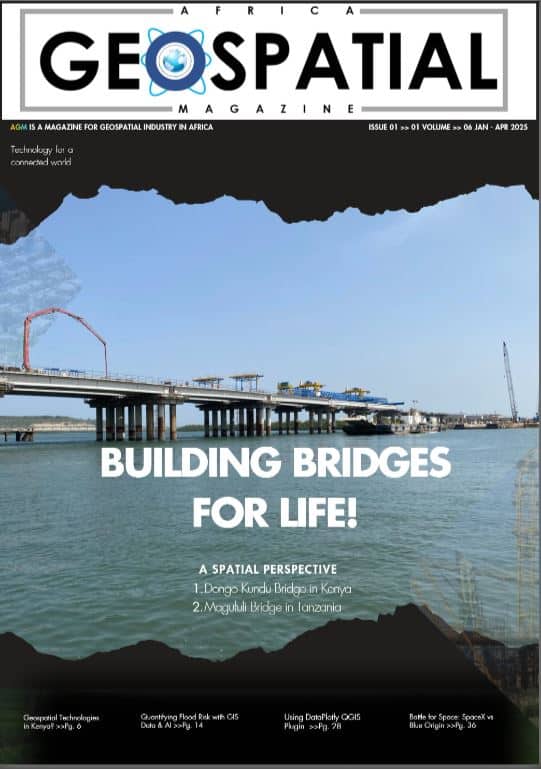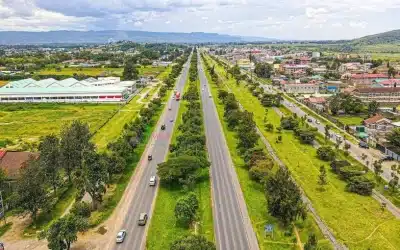The Kenya Space Agency (KSA) was established as a State Corporation under the Kenya Space Agency Order of 2017 (Legal Notice No. 22 of 7th March 2017) as a successor to the National Space Secretariat, which had been established via Gazette Notice No. 5563 of 5th June 2009. Its mandate is to promote, coordinate and regulate space-related activities to enhance utilization of space technology for national socio-economic development. Its role is also to develop the space sector, and to provide leadership and advisory in policy, legislation and programmes related to this sector.

The agency’s Kenya Space Bill 2024 is a legislative proposal aimed at establishing a comprehensive legal and regulatory framework for Kenya’s participation in space activities. The bill builds on Kenya’s growing interest in the space sector, especially after the launch of its first satellite, 1KUNS-PF, in 2018. The bill is seen as a critical step towards boosting the country’s ambitions in space exploration, research, satellite technology, and overall participation in the global space economy.
Key objectives
- Establishment of the Kenya Space Agency: The bill formalizes the role of the Kenya Space Agency (KSA), which was already in existence since 2017, providing it with clear mandates, powers, and resources to coordinate Kenya’s space activities.
- Regulation of Space Activities: It provides a legal framework to regulate space activities such as satellite launches, remote sensing, space exploration, and the use of space technology for various sectors like agriculture, security, and communications.
- Licensing and Authorization: The bill outlines the procedures for obtaining licenses for space-related activities and ensures compliance with both national and international laws, including agreements related to the peaceful use of outer space.
- Space Debris and Environmental Protection: It includes provisions aimed at ensuring that Kenya’s space activities do not contribute to space debris or environmental degradation, aligning with global norms on sustainability in space exploration.
- Collaboration and Partnerships: The bill encourages collaboration with international space agencies, research institutions, and private companies to leverage global expertise and technology in space science.
Expected impacts
- Economic Growth: By fostering local capacity in space technology, the bill is expected to boost innovation, create job opportunities, and contribute to Kenya’s economy.
- Education and Research: The bill supports the development of educational programs in space science and technology, aiming to build a strong base of local expertise.
- National Security: Space capabilities would enhance Kenya’s capacity in areas like border surveillance, disaster management, and resource monitoring through satellite technologies.
Once passed, the Kenya Space Bill 2024 will further solidify Kenya’s role as a key player in the African space industry, positioning the country for greater involvement in space exploration and technology development at both regional and global levels.
SeitoBnB – Vacation Houses Listing Platform >>>
Cities & Towns: Nairobi, Mombasa, Kisumu, Nakuru, Eldoret, Kisii, Nyeri, Nanyuki, Kericho, Kiambu, Voi and more…














